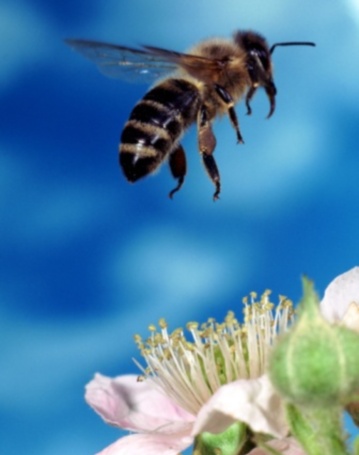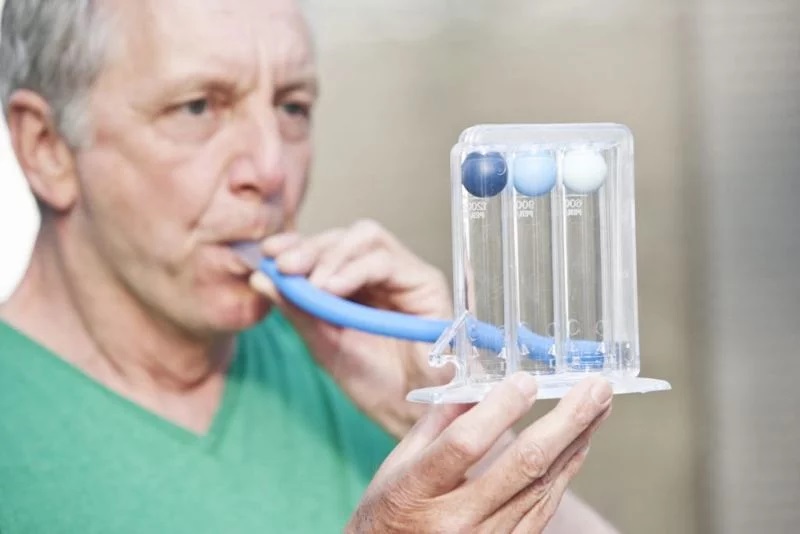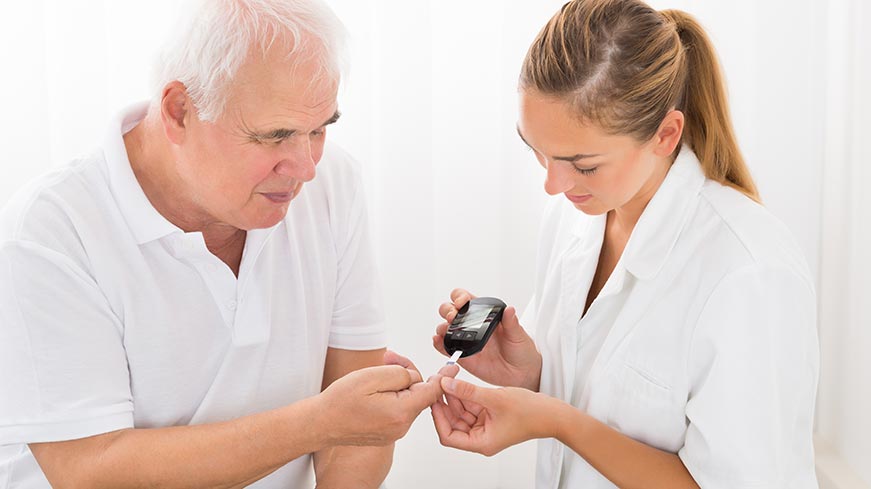Stings & Allergic Reactions
Bee poisoning refers to a serious body reaction to the venom from a bee sting. Usually, bee stings don’t cause a serious reaction. However, if you’re allergic to bee stings or have had several bee stings, you may experience a severe reaction such as poisoning. Bee poisoning requires immediate medical attention.
Bee poisoning may also be called apitoxin poisoning or apis virus poisoning; apitoxin and apis virus are the technical names for bee venom. Wasps and yellow jackets sting with the same venom, and can cause the same body reaction.

Symptoms Of Insect Stings
Most bee and insect stings cause only mild to moderate symptoms, such as pain, redness, swelling, and itching. These usually subside within a few days.
Amelia Express Care can treat mild to moderate allergic reactions, with no appointment necessary. Open 7 days a week, our providers are standing by.
*If the person stung shows signs of a severe reaction, call 911.
When To Seek Medical Help
Some people have severe allergic reactions to insect bites and stings. A severe allergic reaction to a bee, wasp, or hornet sting—known as anaphylaxis—is a life-threatening emergency.
Call 911 for help if you notice any of the following symptoms, or if the victim is a child with a scorpion sting:
- Difficulty breathing
- Swelling of the tongue, lips, eyelids, or throat
- Hives
- Rapid pulse
- Nausea, vomiting, cramps, or diarrhea
- Dizziness, fainting, confusion, or loss of consciousness
Treatment
Most stings cause only mild discomfort and symptoms should subside within a day or two. For bee or wasp sting relief, and to lessen the severity of the reaction, take the following steps:
- Move the victim to avoid more stings
- Remove the stinger if it is still present
- Wash the affected area with soap and water
- Apply cool compress to decrease swelling
- Elevate the area to reduce pain and swelling
- Treat pain with hydrocortisone or an over-the-counter pain medication, such as ibuprofen or acetaminophen










